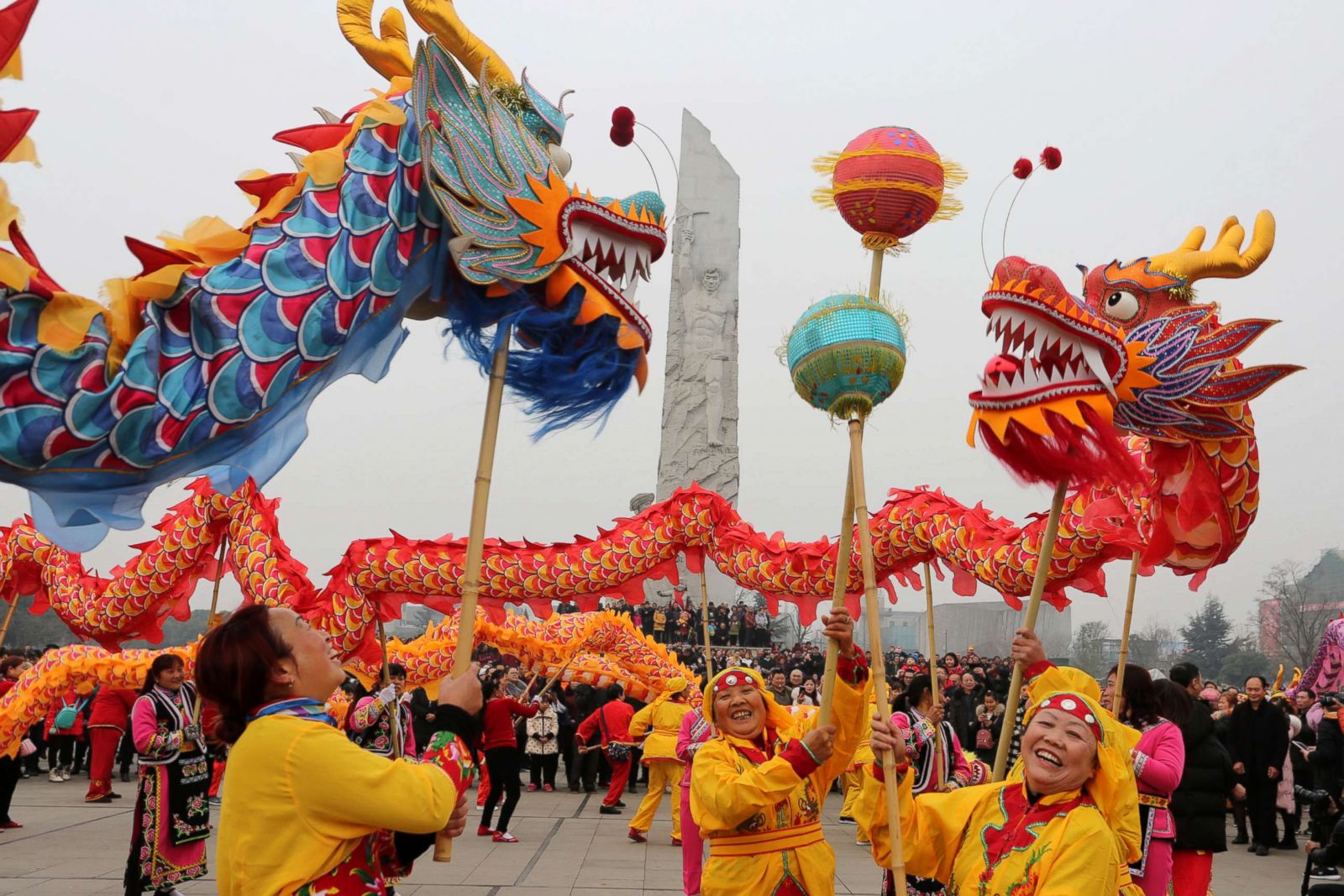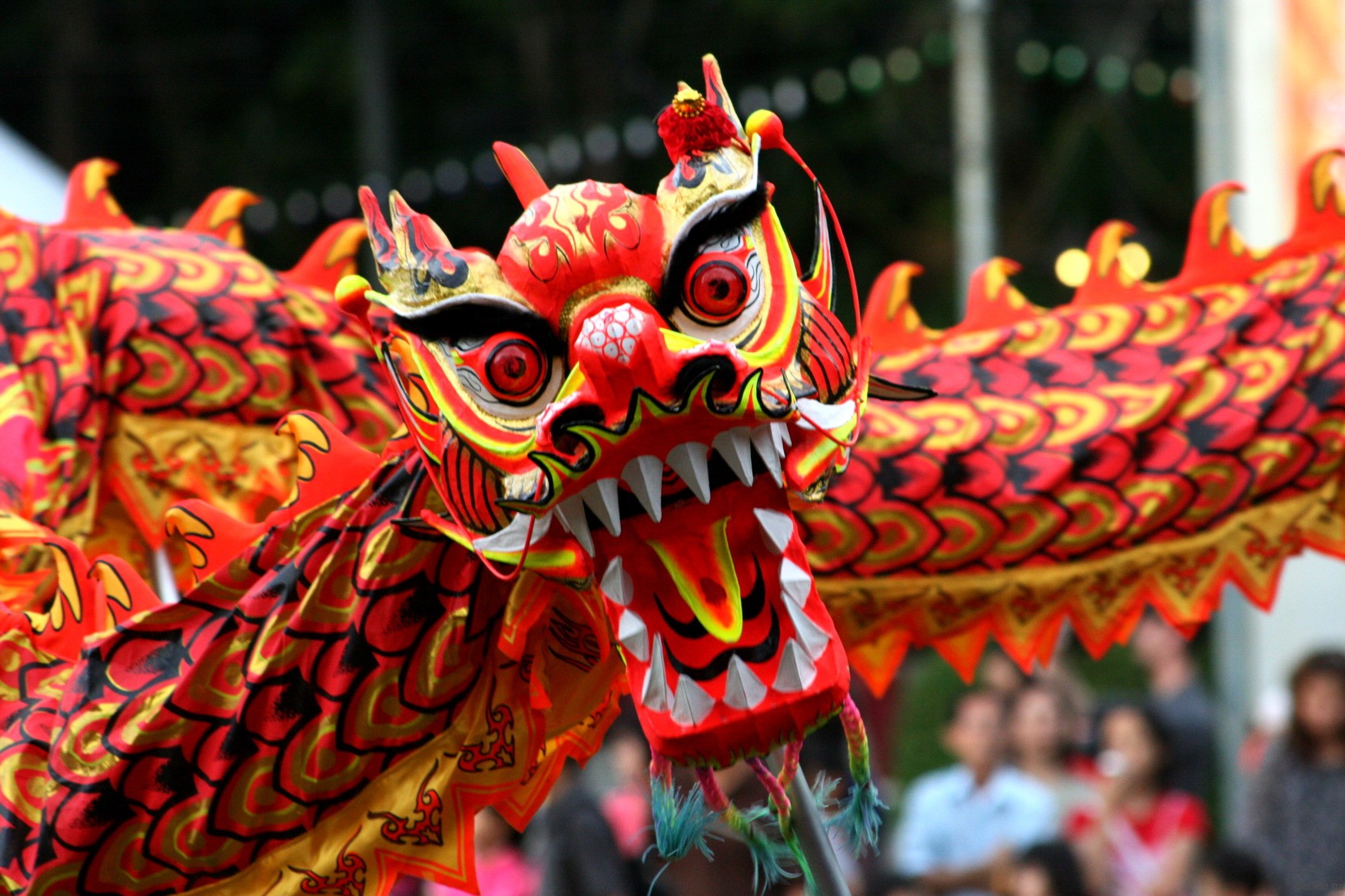Still consider Chinese one of the most difficult languages in the world? At the same time, many of you have mastered English and translate chinese to english! Here are 10 reasons why Chinese is easier than English.
Do not hesitate to think about whether the action in the sentence is ongoing or completed, whether its result is in the present, and whether our intention for the future is real. Let’s leave all these horrors for the numerous tenses of the English language, because in Chinese they actually do not exist.
Confused about the use of articles? Relax, they don’t exist in Chinese.
The Chinese alphabet “pinyin” is read exactly as it is written. We write 5 letters, but read only 2 – this is definitely not about Chinese.
In Chinese, there are quite a few combinations of sounds, in English there are thousands of them.
Most Chinese words, including proper names, have 1 or 2 syllables. Brevity is the soul of wit.
But what about the hieroglyphs, you ask, because they are so difficult to remember! Calmness, many hieroglyphs are visually similar to what they mean, they are no more difficult to remember than the word “circumstances”. For example, 人 is a person, 木 is a tree, 口 is a mouth.
Chinese and translate english to chinese are a very logical language. For example, the character 电 (electric ramp) means electricity, 电视 means TV, 电脑 means computer, 电梯 means elevator. Thus, even without knowing the meaning of the whole word, but knowing one hieroglyph 电, we can understand which category the word belongs to.
child – children? Do not torture yourself with the formation of the plural, in Chinese, only pronouns need to be pluralized. And no exceptions.
Why learn 3 different words when just one is enough? Very often, one word in Chinese can be both a noun and an adjective or a verb. Look, 习惯 (xiguan) is a habit, get used to it, but habit is a habit, adapt is to get used to it.
Formation of definitions. How to form an adjective in English – numerous suffixes to help – -less, -full, -able, -ing, -ish … In Chinese, one particle 的 is enough, and sometimes it is not needed at all.
